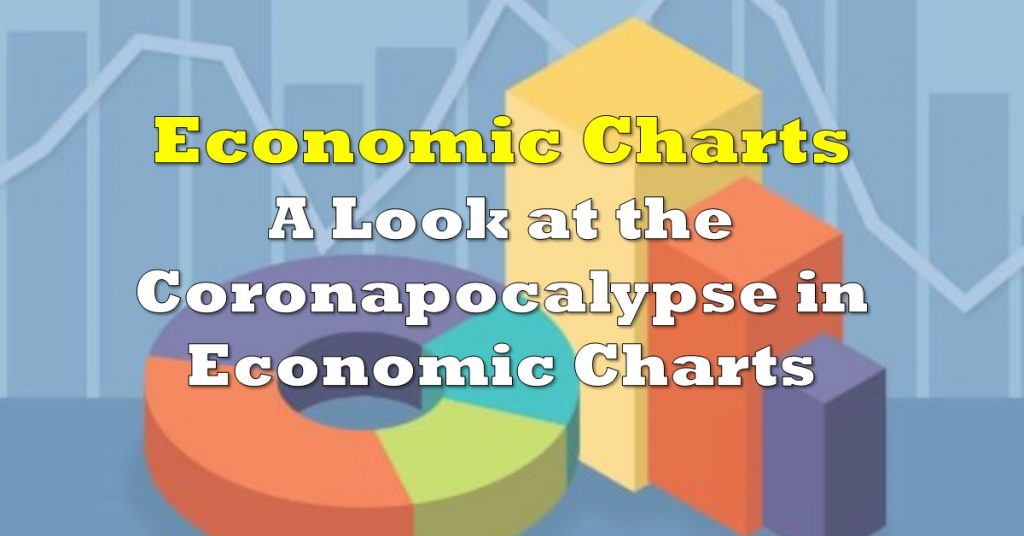Americans’ optimism surrounding the recovery of the US economy slumped to the lowest in a decade, as concerns mount surrounding rising inflation and the rapid spread of the delta variant.
The latest University of Michigan’s preliminary sentiment index collapsed from 81.2 to 70.2 in August— the lowest since December 2011, and significantly below consensus estimates calling for a reading of 81.3. The sudden reversal in sentiment is not common for the index, and suggests a more pronounced shift in the trajectory of the economic recovery may be en route.
“Over the past half century, the Sentiment Index has only recorded larger losses in six other surveys, all connected to sudden negative changes in the economy,” explained the survey’s chief economist, Richard Curtin in an accompanying release. Indeed, elevated price pressures, coupled with the rising threat of the delta variant, have weighed in on consumers’ optimism.
“Consumers have correctly reasoned that the economy’s performance will be diminished over the next several months, but the extraordinary surge in negative economic assessments also reflects an emotional response, mainly from dashed hopes that the pandemic would soon end,” Curtin added.
The survey’s respondents anticipate inflation will rise 3% within the next five to ten years, a modest jump from the 2.8% increase previously forecast in July, and the highest since 2013. Over the next 12 months, consumers are expecting prices will advance 4.6%, a slight decline from the 4.7% forecast in the July survey.
At the same time, concerns surrounding the spread of the delta variant have amplified over recent weeks, as a number of major US cities have reintroduced public health measures, and canceled upcoming events. “The text of the report attributes the fall mainly to an intense reaction (perhaps an overreaction) to the Delta wave, and especially an exasperation that perhaps the pandemic will drag on for years,” Amherst Pierpont Securities chief economist Stephen Stanley told Bloomberg.
Following the report, US equities paused momentarily, before resuming their climb. The 10-year Treasury and the US dollar both declined.

Information for this briefing was found via the University of Michigan and Bloomberg. The author has no securities or affiliations related to this organization. Not a recommendation to buy or sell. Always do additional research and consult a professional before purchasing a security. The author holds no licenses.









